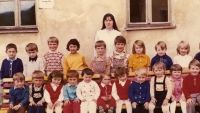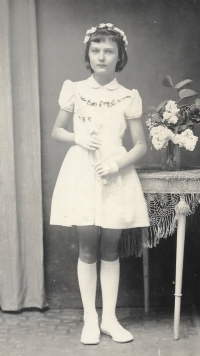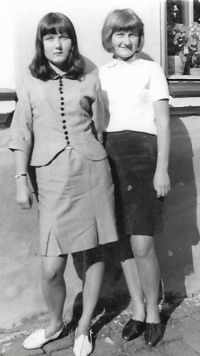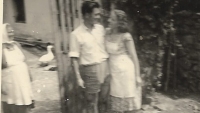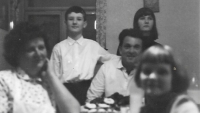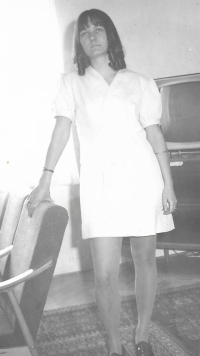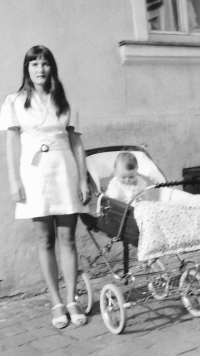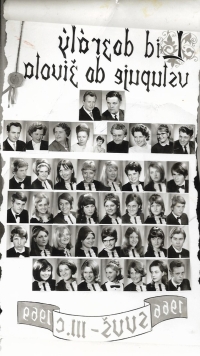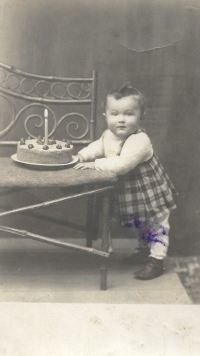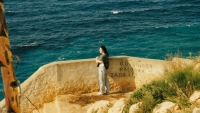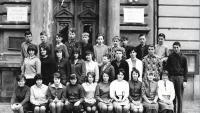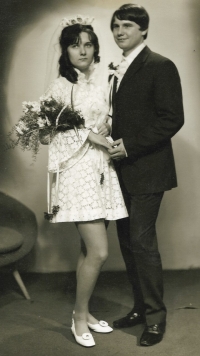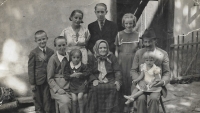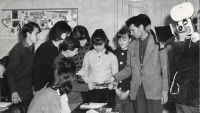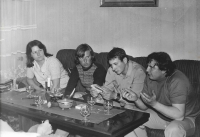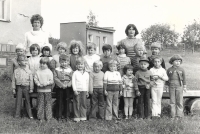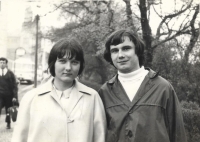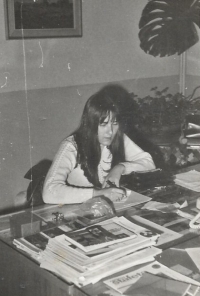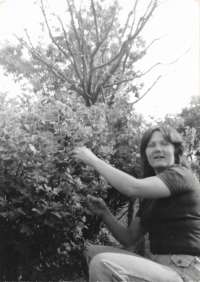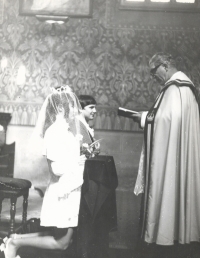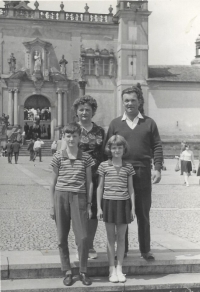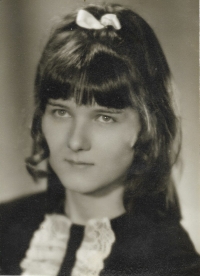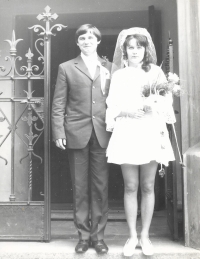Return from emigration? Hell, we’ve been through a lot of hardship

Download image
Danuše Brůhová, née Dubská, was born on 29 November 1950 in the South Bohemian town of Prachatice. Her father Jaroslav Dubský worked in construction, her mother Anna Dubská, née Kulhová, was a trained seamstress, but worked all her life in the post office. Danuše Brůhová grew up in Vodňany, where she attended primary school. She then studied at the grammar school in Strakonice and later at the pedagogical school in Prachatice. She lived through the invasion of the Warsaw Pact troops a year before her graduation. After graduation she emigrated to the Federal Republic of Germany with her future husband Petr Brůha. Danuše Brůhová spent three months in West Germany, her husband half a year. She worked as a factory worker. For family reasons, however, they decided to return. Because of their return from emigration, they experienced frequent hardships from the regime. Since her return to Czechoslovakia, she has worked with her children. First at the kindergarten and then at the primary school in Lázně Kynžvart. She had two children, daughter Daniela (1972) and son Marek (1976). She spent the Velvet Revolution in Spain. In 2023, Danuše Brůhová lived in Kladská near Mariánské Lázně.
